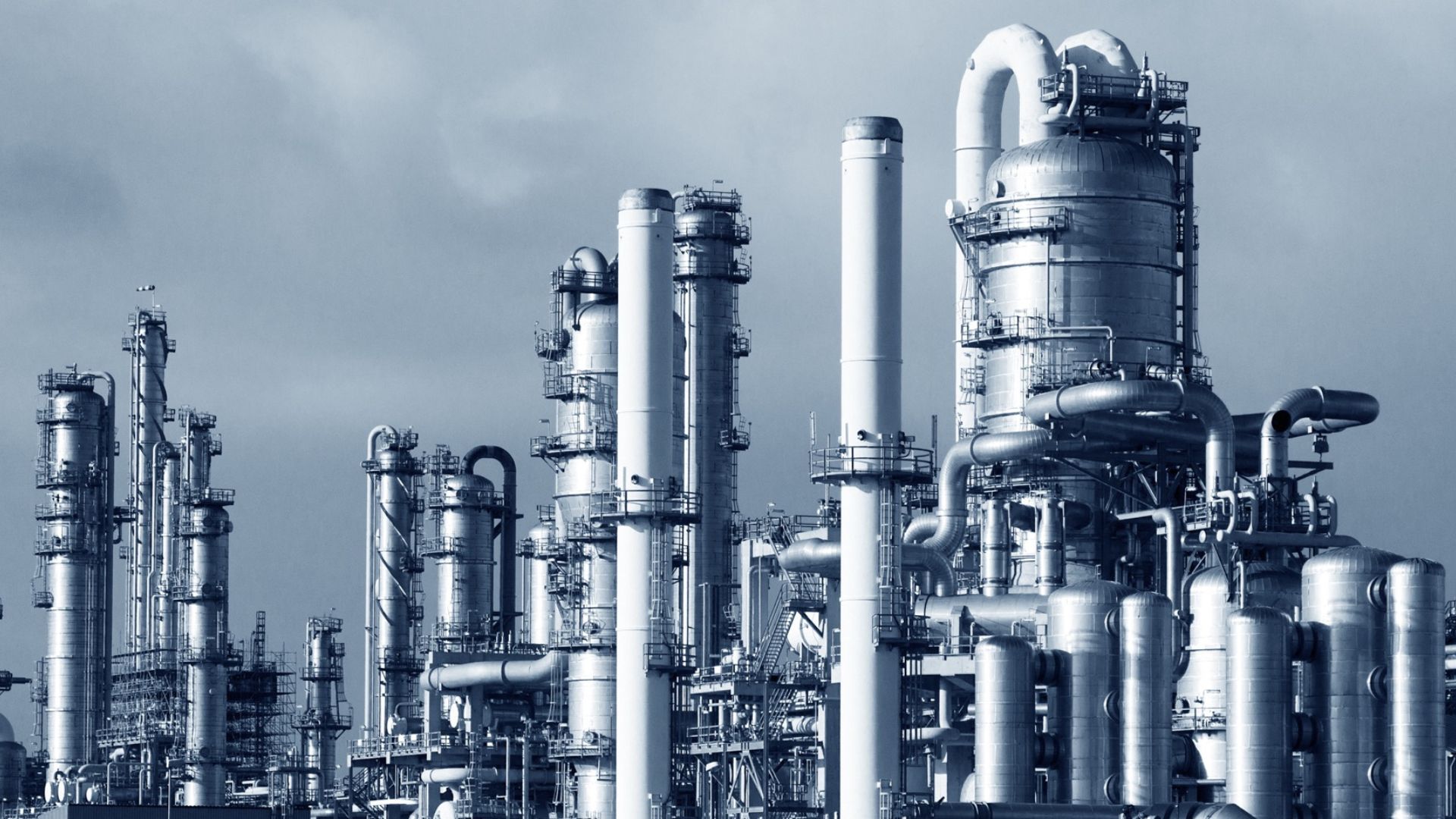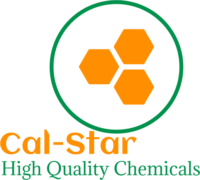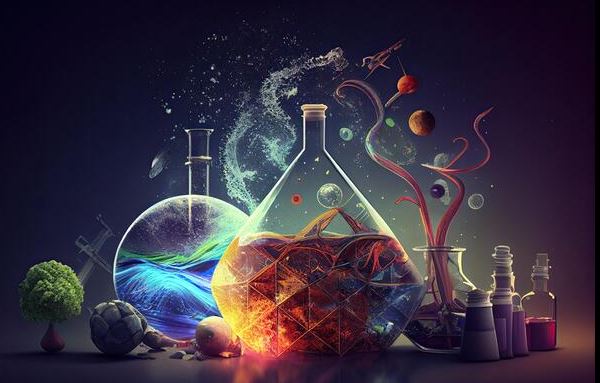Industrial chemical processes are essential for producing a wide range of products that we use in everyday life. These processes transform raw materials into valuable chemicals and compounds through various physical and chemical methods. They are fundamental to industries such as pharmaceuticals, petrochemicals, food production, and materials manufacturing.

Industrial Chemical Processes Overview
What Are Industrial Chemical Processes?
Industrial chemical processes involve the large-scale transformation of raw materials into finished products. These processes utilize chemical reactions and physical operations, such as heating, cooling, mixing, and separating, to achieve the desired chemical transformation. The efficiency and safety of these processes are crucial for economic viability and environmental sustainability.
Types of Industrial Chemical Processes
There are several types of industrial chemical processes, each with unique methods and applications. Here are some key categories:
Distillation
Distillation is a common separation process that involves heating a liquid mixture to create vapor and then condensing the vapor back into a liquid to separate the components based on their boiling points. This process is widely used in the petrochemical industry to refine crude oil into gasoline, diesel, and other fuels.
Catalysis
Catalysis involves the use of catalysts—substances that speed up chemical reactions without being consumed in the process. Catalytic processes are essential in producing chemicals like ammonia, used in fertilizers, and various polymers. The use of catalysts can significantly reduce energy consumption and increase reaction efficiency.
Polymerization
Polymerization is the process of combining small molecules, called monomers, to form large polymer chains. This process is used to manufacture plastics, synthetic fibers, and rubbers. There are different types of polymerization, including addition and condensation polymerization, each suited for producing specific types of polymers.
Fermentation
Fermentation is a biochemical process that converts sugars into alcohols, gases, or acids using microorganisms such as yeast or bacteria. This process is crucial in the food and beverage industry for producing products like beer, wine, yogurt, and bread. It is also used in the pharmaceutical industry to produce antibiotics and other biochemicals.
Electrolysis
Electrolysis involves passing an electric current through a substance to cause a chemical change. This process is used in the production of chemicals like chlorine, hydrogen, and aluminum. It is also essential in water treatment processes and the manufacturing of electronic components.
Hydrogenation
Hydrogenation is a chemical reaction that involves adding hydrogen to unsaturated bonds in organic compounds. This process is used in the food industry to convert liquid oils into solid fats, such as margarine and shortening. It is also used in the petrochemical industry to refine crude oil and produce fuels and lubricants.
Applications of Industrial Chemical Processes
Petrochemical Industry
The petrochemical industry relies heavily on chemical processes to produce fuels, lubricants, and raw materials for plastics and synthetic fibers. Distillation, cracking, and reforming are key processes in refining crude oil and natural gas into valuable products.
Pharmaceutical Industry
The pharmaceutical industry uses chemical processes to synthesize active pharmaceutical ingredients (APIs) and formulate them into medicines. Fermentation, extraction, and chemical synthesis are essential for producing antibiotics, vaccines, and other medical treatments.
Food and Beverage Industry
In the food and beverage industry, chemical processes are used to preserve, flavor, and improve the nutritional content of food products. Fermentation, hydrogenation, and emulsification are common processes used in producing dairy products, baked goods, and processed foods.
Materials Manufacturing
Materials manufacturing involves using chemical processes to produce metals, ceramics, polymers, and composites. Processes such as smelting, electroplating, and polymerization are critical in producing construction materials, consumer goods, and electronic components.
Conclusion
Industrial chemical processes are fundamental to modern industry, enabling the large-scale production of essential goods and materials. Understanding these processes is crucial for innovation, efficiency, and sustainability in various sectors, from energy and pharmaceuticals to food production and materials science.




